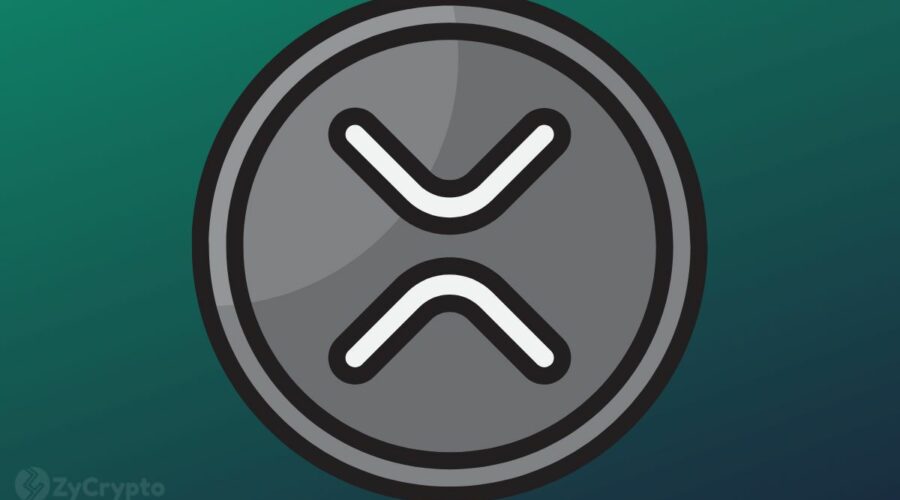Why XRP Holders’ Attorney Says Hinman and Clayton Should Testify In Ripple vs. SEC Case
Legal expert John E. Deaton has slammed the U.S. Securities and Exchange Commission (SEC) for their “aiding and abetting” charges against Ripple boss Brad Garlinghouse. Deaton argues that this protracted courtroom war could have been avoided if the SEC had just let former officials William Hinman and Jay Clayton testify on XRP’s non-security earlier.
Think of the saved time, saved legal expenses. And oh, the mass adoption XRP would have witnessed!
Deaton Wants Ex-SEC Officials Questioned
It started with an X (formerly Twitter) user who goes by the online moniker Digital Asset Investor.XRP noted that if Ripple and CEO Brad Garlinghouse were going to trial with the SEC, he would have summoned former SEC officials Jay Clayton and William Hinman, along with 16z attorneys Lowell Ness and Chris Dixon, as the first witnesses in the XRP battle.
“I have a feeling they could provide great material insight into the thinking at the SEC around crypto securities issues at the time, wrote Digital Asset Investor.XRP.”
CryptoLaw founder John Deaton concurred that it was vital for the former SEC Director Hinman to testify. Deaton argues that the SEC made a stupid mistake in charging Garlinghouse, especially considering Clayton wanted to personally file a complaint against the executives in a “non-fraud” case.
He stresses that Clayton would provide powerful evidence as a witness in court as he previously engaged with Garlinghouse and Ripple CTO, during which the CEO expressed that his company was “living in purgatory” following the infamous Hinman 2018 speech. But, neither Clayton nor Hinman categorically indicated that XRP was, in fact, a security.
The Cost Of The SEC-Ripple Court Clash
Ripple and XRP had been riding high in 2020 amid the first cryptocurrency bull market in years. Then, in late December, the $1.3 billion suit dropped. The SEC sued Ripple, Garlinghouse, and executive chairman Chris Larsen on claims that they sold unregistered securities in the form of XRP.
The fintech firm had created relationships with major banks and financial services companies and amassed an army of passionate followers. However, the SEC threatened to unravel those achievements as some of Ripple’s flagship partners, such as MoneyGram, cut ties with the company and stopped using XRP.
In July 2023, a judge, Analisa Torres, ruled the sale of XRP tokens to investors on exchanges did not constitute investment contracts, pausing what was one of the longest and most controversial legal cases in the crypto industry. Appeals to that verdict continue, however.
Getting clarification from the SEC officials would have saved litigation costs and the time wasted in the proceedings. More importantly, Clayton and Hinman’s testimonies could have boosted XRP adoption by removing the regulatory cloud hanging over the project for nearly three years. The coin exchanged hands at 52 cents on Saturday, up 0.7% in the past week but down 27.8% over 30 days.
But it’s not just about XRP; it’s a case that could make or break the crypto market in the United States. This means that the regulatory clarity the crypto industry has long clamoured for is most likely to come from the XRP lawsuit.
Source: Read Full Article

